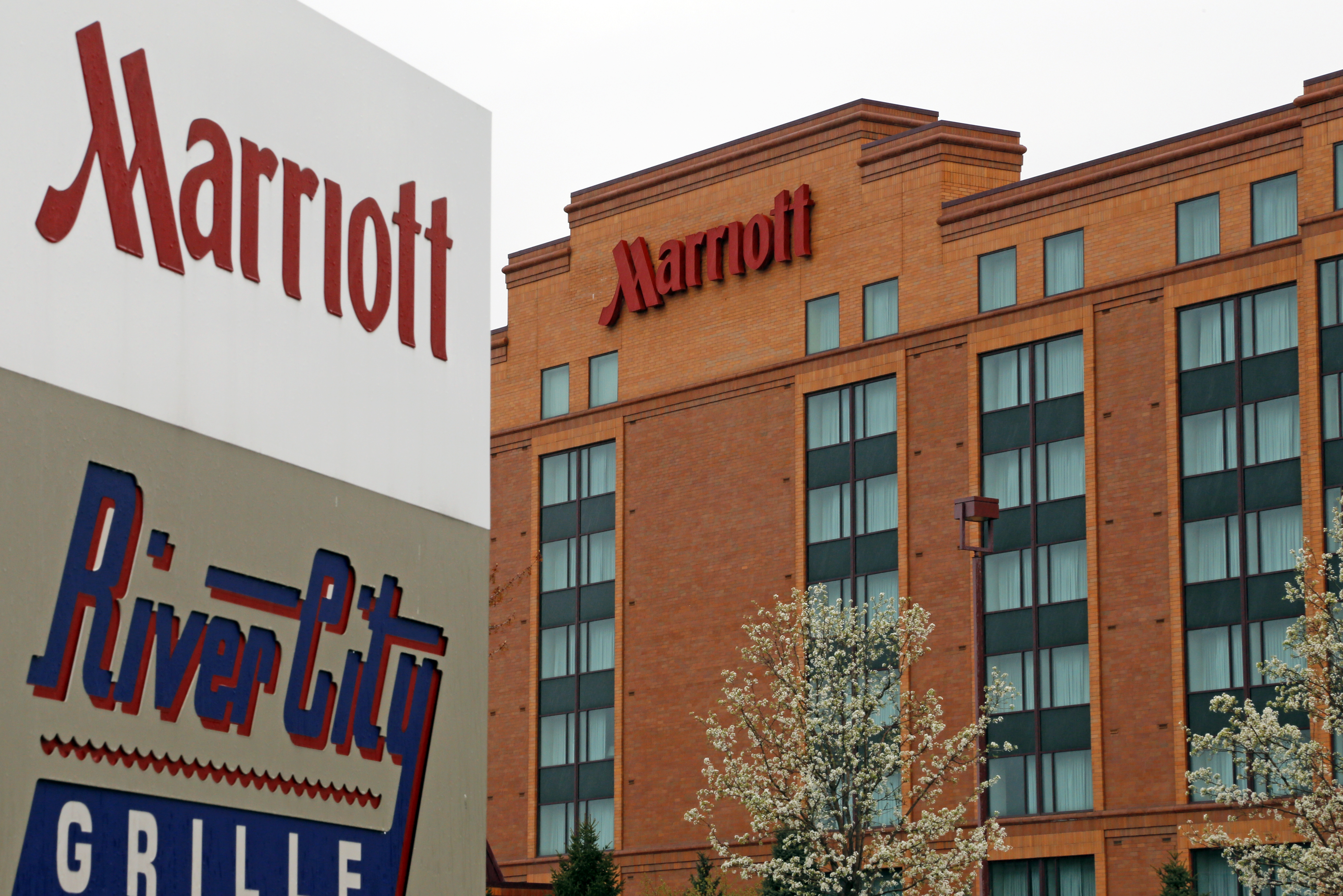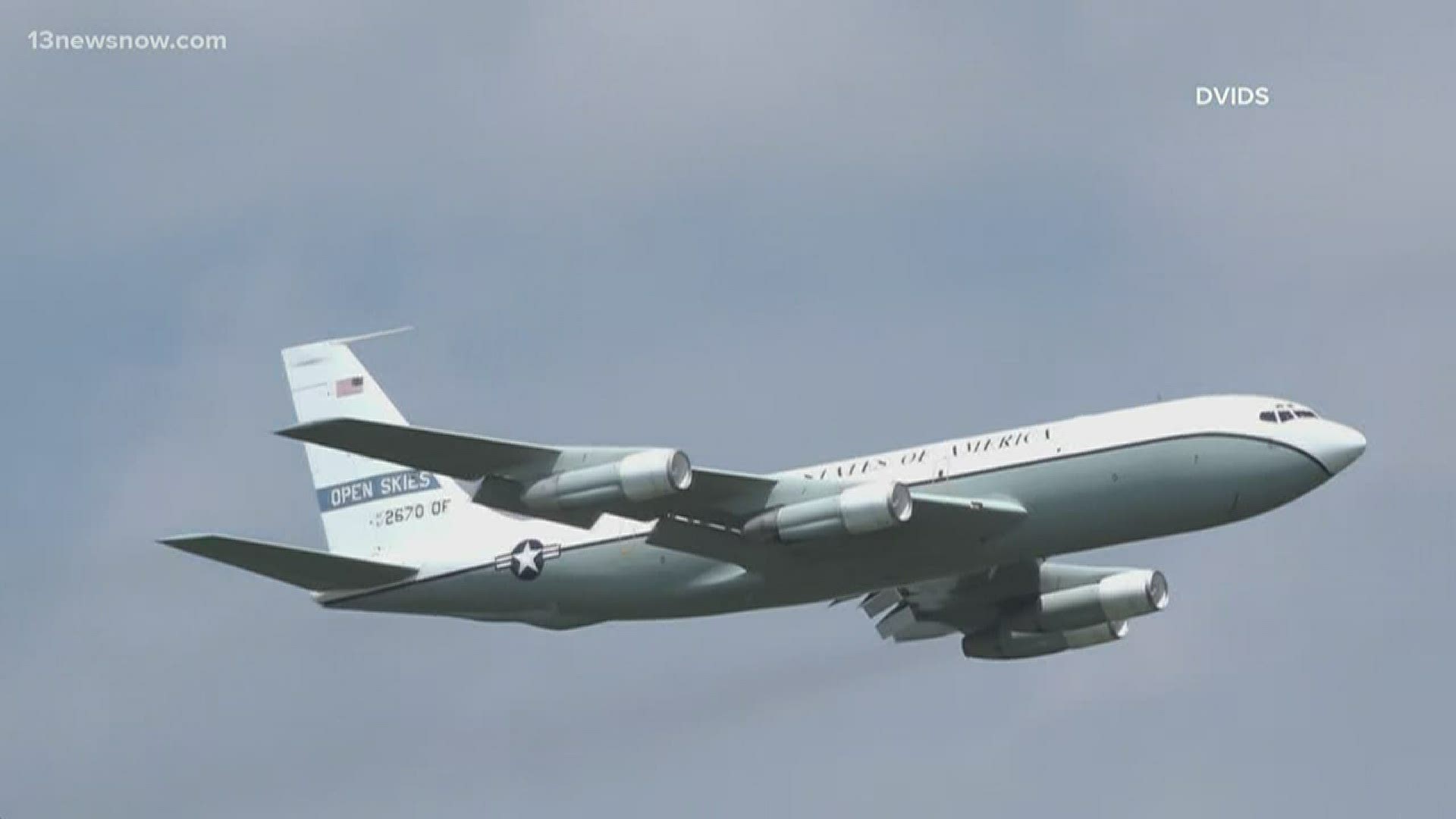![Marriott wins Starwood back with higher bid [video : 82075040]](http://videos.usatoday.net/Brightcove2/29906170001/2016/03/29906170001_4810492818001_MARRIOTT.jpg?pubId=29906170001)
Starwood Hotels & Resorts Worldwide accepted a sweetened $13.6 billion offer to merge with Marriott International creating the largest hotel chain in the world and thwarting Chinese insurer Anbang's latest effort to broaden its lodging portfolio.
Marriott raised its bid for Starwood from $65.33 a share to $79.53 a share, greater than Anbang's offer of $78 a share. Starwood shareholders will receive $21 cash and 0.8 shares of Marriott Class A common stock for each share of Starwood common stock.
"We’re excited to get back on track and get this historic merger together. We think what we can accomplish together is just fabulous,'' Arne Sorenson, Marriott International's CEO, who will helm the newly combined company, told USA TODAY. Sorenson, who is vice chair of President Obama's Export Council, is currently in Cuba with the president, who is making a historic trip to the communist nation.
Starwood Hotels and Resorts is poised to play a significant role in Cuba, having received authorization from the U.S Treasury Department to operate existing hotels on the island. Marriott also received the necessary permission from the Treasury Department, but hasn't announced any deals.
Sorenson said that with the pending deal, the possibilities to reshape hospitality in Cuba are even greater. "We are eager to roll up our sleeves and get back to work and get ready to close the deal,'' he said.
On Friday, Starwood dropped a $12.2 billion bid from Marriott to take over the company and opted instead for a $13 billion all-cash offer from Anbang. If Starwood had backed out of the agreement with Marriott, it would have owed its hotel rival $400 million in cash.
"Even last week in the midst of this Chinese bid that was being negotiated, the Marriott and Starwood teams were working together on integration and planning and trying to look forward to the next step,'' Sorenson said. " I think there’s broad recognition of what we can accomplish together."
But Anbang shouldn't be counted out quite yet. "It is an asset that means a lot to Anbang and its partners,'' said Baird analyst David Loeb. Also, "Marriott's bid isn’t that much higher ... than Anbang's, and I doubt that Anbang's first bid would be its last.''
If Starwood, which runs hotel brands such as Westin, Sheraton and Aloft, changes its mind yet again, it would incur a breakup fee of $450 million, and it would have to reimburse Marriott, which operates its namesake brand, Ritz-Carlton and others, up to $18 million of the actual costs Marriott has had so far, Loeb said.
Anbang is making other plays in the hotel industry, buying the Waldorf Astoria New York from Hilton Worldwide in 2014 for $1.95 billion, and reports recently emerged that it was close to acquiring a separate portfolio of hotels from Blackstone Group for $6.5 billion.
But some analysts see a tie-up of Marriott and Starwood being a more natural fit.
"While Anbang offered a better value per share in the short term, Marriott seems a better suitor for Starwood in the long term,'' wrote Euromonitor analyst Wouter Geerts. "Anbang has a track record of making sweeping changes in the companies it acquires. Furthermore, a deal with Marriott will strengthen Starwood's position in the global hotel industry, as the combined company will become the largest player, better able to make savings through economies of scale, compete better with (online travel agencies) and resulting in one less global hotel chain to compete with.''
Starwood shares closed Friday at $80.57 and rose 4.5% to finish at $84.19 on Monday. Marriott's stock fell $1.2% Monday to $72.30.


![AP STARWOOD BUYOUT F FILE A USA PA [image : 82067546]](http://www.gannett-cdn.com/media/2016/03/21/USATODAY/USATODAY/635941448813904190-AP-STARWOOD-BUYOUT-80676276.JPG)
![XXX CUBA_JMG_19965.JPG CU [image : 82074998]](http://www.gannett-cdn.com/-mm-/e06ea7831d72f283a619671864d6e8913fd35434/c=806-0-6553-4912/local/-/media/2016/03/21/USATODAY/USATODAY/635941582827116092-XXX-CUBA-JMG-19965-80676926.JPG)
